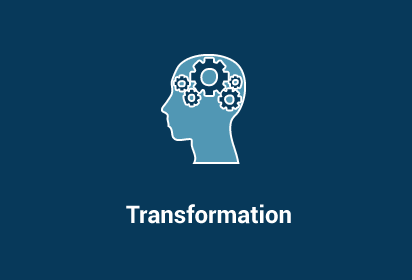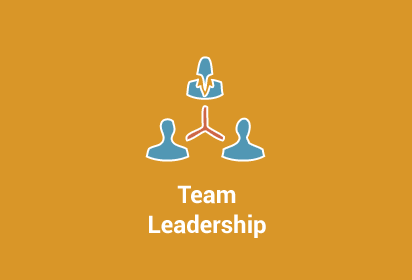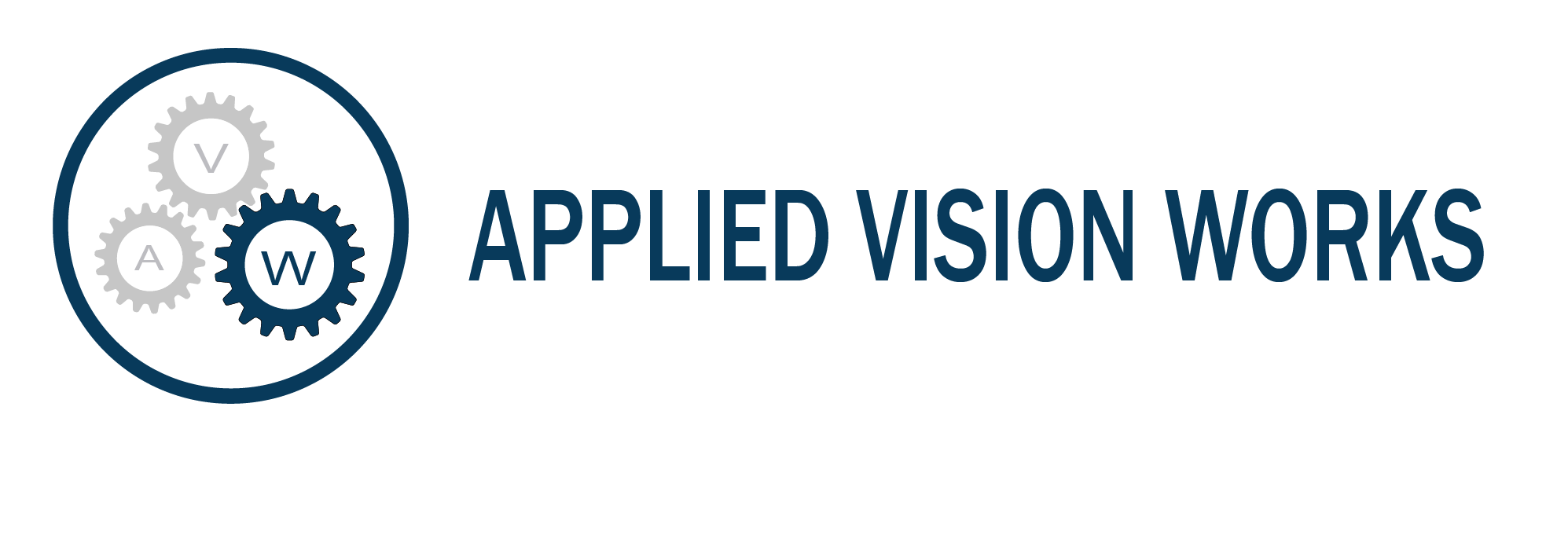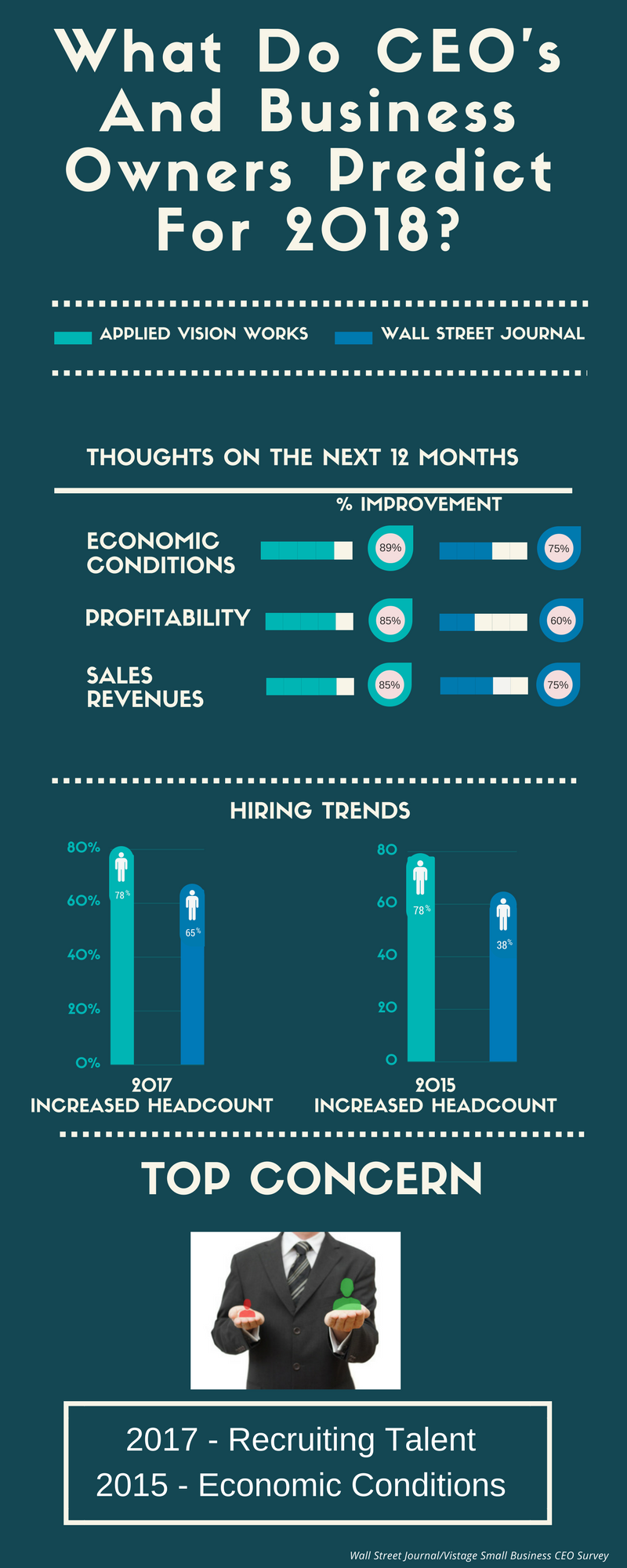
Winston-Salem Businesses Model the Power of Embracing Organizational Change, With or Without a Catastrophe

More Dad Than Dictator: Why Delegation Is a Crucial Part of Leader Development
“Micro-Mentoring:” The Best Approach to Mentoring Millennial Employees


Micro-mentoring is a great technique for Millennial employees.
As a Gen X-er, I’m not always great at dealing with Millennials. I came of age in a buttoned-down, tight-lipped work environment where, unless you made a huge mistake, most of your feedback came in the form of an annual review. My generation grew up assuming that silence was golden and that the absence of feedback was the same as positive feedback. However, after a brief stint as a teacher, I now have some experience dealing with the younger generation and their desire for guidance and affirmation.
My friend Dave, who works for an insurance company, isn’t so lucky. These days, most of his employees are Millennials. They want regular feedback. They want goals. They want advice on how to advance in their careers, and they want mentoring. Dave’s gut reaction is to toss them a copy of “Who Moved My Cheese?” and then get back to work, but he knows that this strategy (or lack thereof) would make his best and brightest young employees jump ship.
To be an effective leader in his company, Dave needs to learn how to reach out and mentor his Millennial coworkers. But how can he be a good mentor when he’s never had a mentor himself? If Dave and other Gen X managers want to succeed in making connections with their younger coworkers, they need to learn a little about how Millennials view work, success, and relationships. To mentor Millennials, Dave will need to anticipate Millennial needs and understand what they seek to get out of the mentorship.
Why Millennials Want Mentors
According to a report in Bloomberg, Millennials are actually more competitive and success-oriented than the generations before them. Some analysts suggest this is because their generation is the largest in American history, dwarfing even the Baby Boomers. Millennials have had to compete for education, enrichment, and employment from the time they were very young. They’re concerned with doing well, they like to understand the rules of the game, and they embrace continuous self-improvement.
The upshot of this results-focused culture is that Millennials make energetic, dedicated employees. However, according to surveys, 53% of firms report trouble recruiting and retaining Millennials. One big factor in this failure is a lack of on-the-job professional development and mentoring opportunities. Since Millennials want feedback in order to improve their skills and advance their careers, a job without mentoring is a dead-end job.
For Dave, his Millennial employees’ requests for mentoring came in the form of frequent questions, emails, and texts. He found the constant search for feedback exhausting, and he felt as if their desires were interrupting his workflow. Part of the problem was that Dave’s conception of a mentor-mentee relationship was a world apart from what Millennials really need.
How to Mentor Millennials
When many members of Generation X think of mentoring, they picture a senior manager who occasionally meets with employees and gives them reliable, dependable advice on how to advance their careers. However, this classic model of mentoring strikes most Millennials as stodgy and inefficient.
Millennials are focused on continuous self-improvement, so they need more dynamic and tightly-focused mentoring. They prefer frequent, highly targeted feedback geared towards improving specific skills. They also enjoy opportunities to develop new competencies and expand their role in the company.
Instead of a single mentor, many Millennials fare better with a “brain trust” comprised of different mentors for different purposes. So, for instance, a Millennial worker would rather have one mentor for coding, one for career development, one for client relations, and one for office politics than a single mentor for everything. This flexible approach to mentoring allows young workers to get targeted help and receive a greater variety of feedback on their efforts
Millennials also prefer constructive, concrete feedback at the time they submit work. So instead of an occasional performance review, they expect constant advice to help them fine-tune their skills. They want to be the best possible employees and to make themselves irreplaceable. This drive isn’t because of some inherent need for affirmation. It comes from a strong desire to achieve and advance. Millennials realize that without feedback, they can’t improve.
Millennials also grew up in the era of crowdsourcing. They’ve always had access to things like Quorra, Yelp, and Amazon reviews. That means that they’ve learned to prefer multiple opinions to a single viewpoint. Some Gen X mentors feel like Millennials are “going behind their backs” when they seek more opinions, but, in fact, these eager young employees are just being careful by doing as much research as possible before making a decision.
How Dave Stopped Worrying and Learned to Love Millennials
Once Dave realized that his young coworkers simply had different approaches to feedback and mentoring, he was able to be more proactive in his approach towards them. He focused on:
Giving feedback in short, frequent bursts: As soon as a project or milestone was completed, Dave sent a short email with compliments on a job well done and areas for improvement. He realized that this method would work for other employees and coworkers as well. In fact, the Millennial preference keeps bad habits from becoming entrenched and allows for a rapid change of direction or procedure when necessary.
Checking in at least once a day to ask about questions and concerns: Again, Dave realized that frequent check-ins are a good practice for everyone, not just Millennials. A short, daily check-in can actually reduce emails and free up more blocks of time for uninterrupted work.
Asking about interests and recommending other people in the office who might know more: Not only did these conversations help Dave find mentors for his younger employees, but it helped him see which new hires were most interested in certain roles within the company. These conversations helped him create a more enriching work environment and boost retention.
Arranging socials where Millennials could talk to others around the office and pick up tips: Millennials live for their jobs more than previous generations. These socials let them pick people’s brains, but also help them build connections and feel more rooted in the company culture.
Allowing employees to crowdsource their questions: Once Dave understood that some queries were actually attempts at crowdsourcing, he set up an internal message board for handling these questions. More experienced employees could contribute when they had time, and young employees could discuss and share strategies with each other. This “virtual mentoring” met Millennial needs while fitting seamlessly into the daily workflow.
A Whole New World of Mentoring
Dave’s micro-mentoring strategies have improved millennial engagement and retention. He’s gone from a manager who can’t seem to attract and keep new employees to one with a happy workforce focused on constant improvement. In fact, his employees like the mentoring culture so much that they even recommend the company to their friends when there are openings. Older employees also appreciate the more communicative and cooperative corporate culture.
By looking beyond his preconceived ideas about mentoring and about Millennials, Dave was able to help his employees grow into their careers and thrive in his firm. You can do the same if you’re willing to understand how your younger employees think and approach their work.
Partnering with culture building and leadership development experts like the team at Applied Vision Works can help you and your management team hone your mentoring skills and learn the techniques that work for today’s job applicants and new hires. Don’t let a generation gap develop at your company and keep your team from forging the valuable relationships they need for good workflow. To learn more about developing mentorship skills through Applied Vision Works, contact us today for a consultation.





